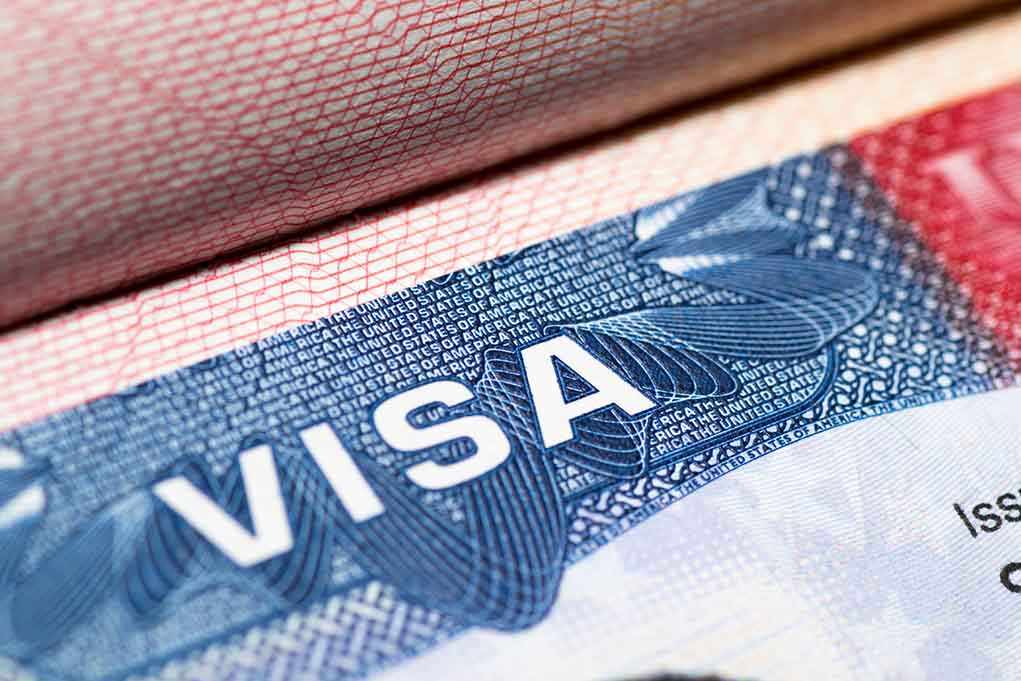
Trump’s move to permit up to 600,000 Chinese students to study in the US has ignited fierce debate among conservatives, exposing deep divisions over national security and America First principles.
Story Snapshot
- Trump’s announcement signals a dramatic shift from prior visa restrictions, aiming to allow 600,000 Chinese students—more than double current levels.
- Major debate erupts within conservative circles, with critics warning of security risks and inconsistency with nationalist policies.
- No formal policy change implemented yet; strict visa scrutiny and revocation measures remain in place as of August 2025.
- US universities stand to benefit financially, but national security agencies and political groups remain opposed.
Magnitude of the Proposed Shift: Enrollment and Policy Contrast
President Trump’s recent statement opens the door for up to 600,000 Chinese students to study in America, a figure that more than doubles the current population of Chinese students, which stood at 277,000 for the 2023–2024 academic year. This announcement marks a stark reversal from earlier policies under both Trump and Biden, where visa restrictions and heightened scrutiny targeted Chinese students, especially those in STEM fields or alleged to have ties to the Chinese Communist Party. The scale of the proposal is unprecedented, promising broad economic and diplomatic impacts if realized, yet raising immediate concerns about national security and ideological consistency.
Internal Divisions: Conservative Criticism and Security Concerns
Trump’s declaration has polarized his base and right-wing commentators, who argue the move contradicts the “America First” doctrine that shaped both his campaign and previous administration. Critics point to the risk of espionage, intellectual property theft, and the erosion of constitutional values, especially second amendment protections and limited government. The State Department, led by Secretary Marco Rubio, maintains aggressive visa revocation policies for students linked to sensitive fields or the CCP, underscoring lingering distrust of foreign influence. Many supporters see the proposal as a dangerous concession that could undermine family values and national sovereignty.
University Interests and Economic Dimensions
US universities—particularly those reliant on international tuition and research talent—have lobbied for a more open policy, citing financial pressures and the academic contributions of Chinese students. If Trump’s proposal were enacted, it could restore or even exceed pre-pandemic enrollment numbers, delivering substantial revenue and stabilizing higher education budgets. However, university leaders warn that ongoing visa revocations and scrutiny would remain a “serious blow” to institutional stability. The tension between economic benefit and security risk continues to shape the debate, with no clear consensus among policymakers or the public.
Policy Status: Rhetoric Versus Action
As of August 2025, Trump’s statement has not yielded a formal policy change. Visa scrutiny and revocation measures remain active, and the administration has signaled that any increase in Chinese student numbers will be contingent on national security safeguards. The announcement appears more aspirational than operational, serving as a diplomatic gesture amid broader US–China negotiations. The fluidity of the situation is reflected in ongoing media coverage and political commentary, with stakeholders awaiting concrete developments and clarity on implementation mechanisms.
Trump Says He’ll Allow 600,000 Chinese Students To Study In US https://t.co/CgQ5LgNFjB via @dailycaller
— MakeSFGreatAgain (@SfMake) August 26, 2025
Broader Implications: Security, Diplomacy, and Conservative Values
The proposed increase in Chinese student visas raises complex questions about the balance between economic interests, national security, and conservative values. Supporters argue that greater student exchange could strengthen US soft power and global standing. Opponents warn of increased risk to critical technologies, American jobs, and constitutional protections. The lack of a formal policy shift, combined with continued enforcement against students perceived as security risks, underscores the ongoing struggle to reconcile diplomatic outreach with foundational principles of limited government and national sovereignty.
Sources:
US welcoming 600K Chinese students: Trump’s statement riles MAGA base
Universities face impact of Trump policy on Chinese students
Donald Trump opens door to 600000 Chinese students in US: What does it mean for both nations?
Fact Sheet: President Donald J. Trump restricts foreign student visas at Harvard University
Trump says he’ll allow 600,000 Chinese students to study in US

